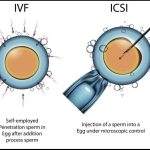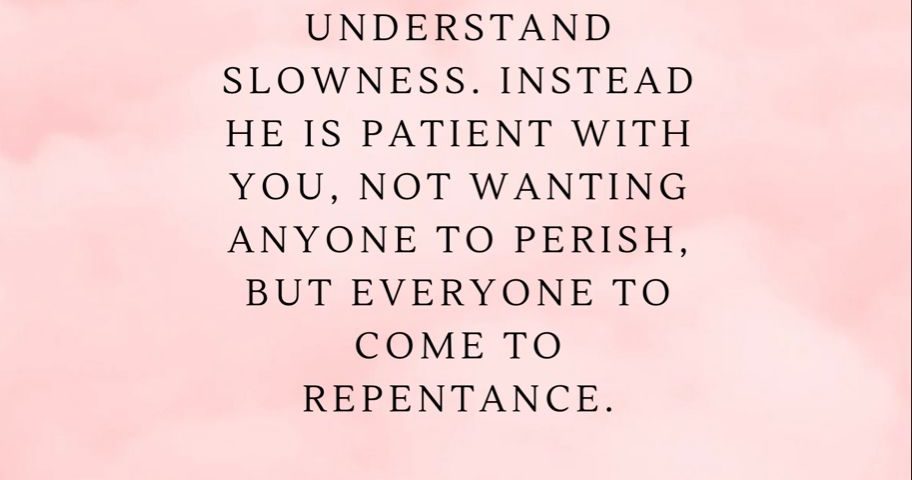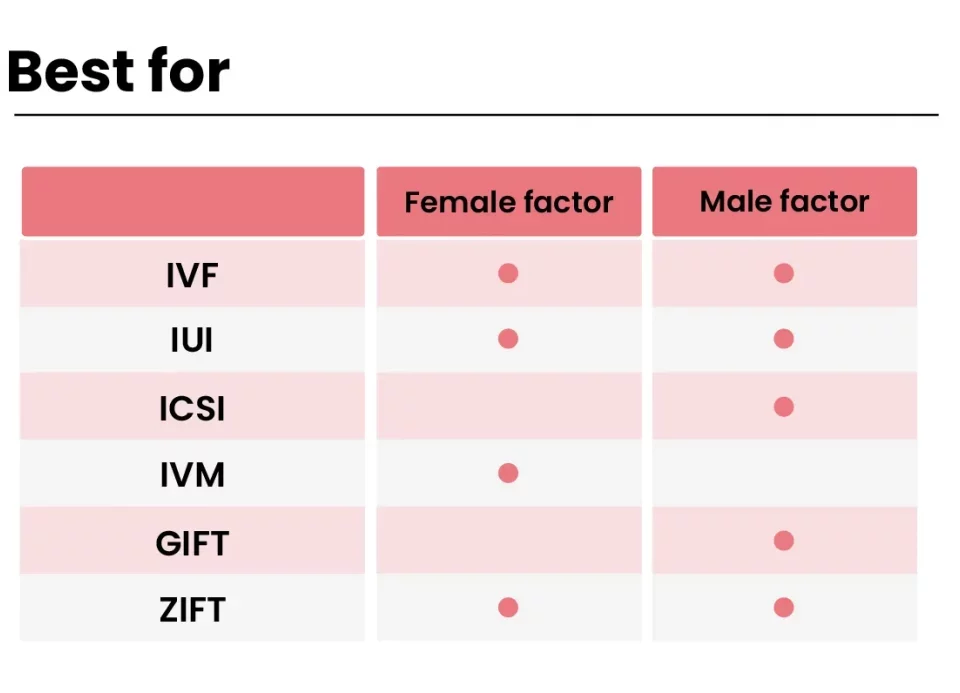
What Is ICSI IVF? Your Complete Guide to This Game-Changing Fertility Option
April 15, 2025Is Trump For IVF? A Deep Dive into His Stance, Policies, and What It Means for You
April 15, 2025What Does the Bible Say About IVF?

What Does the Bible Say About IVF?
In vitro fertilization (IVF) has become a lifeline for countless families dreaming of a baby. It’s a modern marvel—eggs and sperm united in a lab, giving hope where nature alone hasn’t delivered. But for those who turn to the Bible for guidance, a big question looms: Does Scripture give a thumbs-up or a red light to this technology? The Bible doesn’t mention IVF by name (no surprise there—it’s a 20th-century invention), but it’s packed with principles about life, family, and God’s design that can light the way. Let’s dive into what the Bible might say about IVF, unpacking its wisdom with a fresh perspective, grounded in faith and real-world insight.
The Heart of the Matter: God’s View on Life
The Bible is crystal clear about one thing: life is sacred. From the moment God breathed life into Adam (Genesis 2:7), Scripture paints a picture of humanity as uniquely valuable. Psalm 139:13-14 says, “For you created my inmost being; you knit me together in my mother’s womb. I praise you because I am fearfully and wonderfully made.” This isn’t just poetry—it’s a declaration that God is intimately involved in creating every person, right from the start.
So, where does IVF fit in? In IVF, doctors fertilize an egg outside the body, creating an embryo—a tiny, living human in the eyes of many Christians. If life begins at conception (a belief rooted in verses like Jeremiah 1:5, “Before I formed you in the womb I knew you”), then those little embryos carry the same worth as any child. This raises a huge question: What happens to the embryos that aren’t used? Some are implanted, some are frozen, and others are discarded or donated. For folks who see embryos as God-given lives, that last part can feel like a gut punch.
But it’s not black-and-white. IVF itself doesn’t destroy life—it’s a tool to create it. The moral wrestle comes with how it’s done. Could a couple use IVF in a way that honors every embryo? That’s a path worth exploring.
Infertility in the Bible: A Shared Struggle
Infertility isn’t a modern problem—it’s all over the Bible. Sarah, Abraham’s wife, couldn’t have kids for years (Genesis 16). Hannah wept and prayed for a child (1 Samuel 1). Rachel cried out, “Give me children, or I’ll die!” (Genesis 30:1). These stories hit home for anyone who’s faced the same ache. God saw their pain, and in each case, He stepped in—sometimes with a miracle, sometimes after a long wait.
What’s cool about these tales is how they show God’s heart for families. He told Adam and Eve to “be fruitful and increase in number” (Genesis 1:28), and kids are called a blessing over and over (Psalm 127:3-5). For couples using IVF, this can feel like a green light—technology helping fulfill a God-given desire. But there’s a flip side: Sarah once took matters into her own hands, giving her servant Hagar to Abraham to bear a child (Genesis 16:2). It worked, but it also sparked drama and pain. The lesson? Trying to “help” God’s plan can get messy.
IVF isn’t exactly like that—it’s not bypassing marriage or God’s design in the same way. Still, it’s worth asking: Are we trusting God’s timing, or forcing our own? There’s no one-size-fits-all answer, but the Bible nudges us to pray and seek wisdom (James 1:5).
Marriage, Sex, and Procreation: God’s Design
Here’s where things get tricky. The Bible ties marriage, sex, and kids together like a three-strand cord. Genesis 2:24 says a man and woman become “one flesh” in marriage, and sex is the natural bridge to procreation. IVF snaps that cord apart—fertilization happens in a lab, not a bedroom. Does that matter?
Some say yes. They argue that separating sex from baby-making drifts from God’s blueprint. Others point out that the Bible doesn’t demand every child come from sex—adoption’s a thing, after all, and it’s celebrated (Esther 2:7). IVF could be seen as another way to build a family within marriage, especially if infertility’s in the mix. The real question isn’t the tech itself—it’s the heart behind it. Are couples using IVF to honor God’s gift of life, or chasing control at all costs?
Think about this: In 2023, the CDC reported over 91,000 IVF babies born in the U.S. alone. That’s a lot of families saying “yes” to life. But the process often creates extra embryos—sometimes 10 or more per cycle. What happens to them? That’s where faith and science collide, and it’s a tension the Bible doesn’t ignore.
The Ethics of Embryos: A Hidden Debate
Let’s zoom in on those embryos. IVF clinics often make more than a couple can use right away. Why? Success rates. Only about 23% of embryo transfers lead to a live birth, per the CDC’s 2021 data, and that drops below 10% for women over 40. So, doctors hedge their bets, creating extras to boost the odds. Afterward, couples face five options:
- ✔️ Implant them now.
- ✔️ Freeze them for later.
- ❌ Discard them.
- ❌ Donate them to research (where they’re often destroyed).
- ✔️ Give them up for adoption (aka “snowflake babies”).
The Bible doesn’t spell out what to do here, but it’s loud about protecting the innocent. Exodus 20:13 says, “You shall not murder,” and if embryos are human lives, discarding them feels wrong to many believers. Freezing’s safer—about 65% of frozen embryos survive thawing, says a 2022 study from the Journal of Assisted Reproduction—but it’s not foolproof. Plus, millions are stuck in limbo, with over 1 million embryos frozen in the U.S. alone, per a 2024 estimate from the American Society for Reproductive Medicine.
Here’s a fresh angle: What if clinics only made what couples could implant right away? It’s possible—some doctors limit egg harvesting to 1-3 per cycle. It’s pricier and takes more rounds, but it sidesteps the “extra embryo” dilemma. No one’s talking about this enough, but it could be a game-changer for Christians wrestling with IVF ethics.
Quick Quiz: What’s Your Take?
What do you think about extra embryos? Pick one and share your thoughts with a friend:
- A) Freezing them is fine—they’re safe for now.
- B) Discarding them is wrong—it’s ending a life.
- C) We should avoid making extras altogether.
Health Risks: The Unspoken Side of IVF
IVF isn’t just a moral maze—it’s a physical one. Women take hormone shots to crank out eggs, sometimes 20-30 at once. That’s way more than the body’s usual one-per-month rhythm. A 2023 study from the National Institutes of Health linked this to a 15% higher risk of ovarian hyperstimulation syndrome (OHSS), a nasty condition that can land you in the hospital. Long-term, there’s chatter about cancer risks—some research hints at a slight uptick in ovarian cancer, though it’s not conclusive yet.
Kids born via IVF face risks too. A 2024 report from the European Society of Human Reproduction found they’re 6% more likely to have congenital heart defects. Autism and cancer rates might tick up slightly too, though the numbers are small and debated. Does the Bible care about this? You bet—Proverbs 22:6 says to “train up a child in the way he should go,” and that starts with giving them a healthy shot at life.
Here’s a practical tip: Ask your doctor about “mild IVF.” It uses fewer drugs, lowering risks while still offering a decent success rate (around 15-20% per cycle, per a 2022 Fertility and Sterility study). It’s not mainstream yet, but it’s a hidden gem for safety-conscious couples.
Money Talks: The Cost of IVF
IVF isn’t cheap—$12,000 to $25,000 per cycle, says a 2025 White House report. Insurance rarely covers it fully, so families dip into savings or take loans. The Bible’s got wisdom here too: Proverbs 22:7 warns, “The borrower is slave to the lender.” Debt can strain a marriage, and IVF’s no guarantee—only about 1 in 4 cycles ends in a baby.
But there’s hope. Some clinics offer “shared risk” programs—if you don’t get pregnant after a set number of cycles, you get a refund. Others, like CNY Fertility, cap costs at $4,000 per cycle. Dig into these options—they’re not plastered all over Google’s top pages, but they’re out there, saving wallets and sanity.
A Fresh Look: IVF and God’s Sovereignty
Here’s something you won’t find in most articles: IVF tests our trust in God’s control. The Bible’s full of stories where people waited on Him—think Abraham and Sarah again. They got Isaac after decades, not overnight (Genesis 21). IVF can feel like a shortcut, but it’s not magic. Even with all the tech, success isn’t guaranteed—God’s still the one who “opens and closes the womb” (Genesis 30:2).
This doesn’t mean IVF’s off-limits. It could be a tool God uses, like medicine for a sick heart. But it’s a call to pray hard and listen. Romans 12:2 urges us to “discern what is the will of God.” Maybe that’s waiting. Maybe it’s adopting. Or maybe it’s IVF with eyes wide open to its limits.
Real-Life Story: The Thompsons’ Journey
Take Jake and Emily Thompson (names changed for privacy). They tried IVF after three years of infertility. Emily’s a nurse, Jake’s a teacher—both love the Bible and kids. They prayed, researched, and chose a clinic that only fertilized two eggs per cycle, implanting both. It worked on the second try—a healthy girl named Grace. “We didn’t want a freezer full of embryos,” Emily says. “We trusted God with the outcome.” Their story’s not everywhere online, but it’s a quiet win for faith and science working together.
The Church’s Mixed Signals
Churches don’t always agree on IVF. Catholics say no—their Catechism (No. 2377) calls it “morally unacceptable” because it splits sex from procreation and often trashes embryos. Protestants are split. Some, like the Southern Baptists, lean against it over embryo concerns. Others, like the Lutheran Church-Missouri Synod, okay it if all embryos are implanted and it’s within marriage.
X platform chatter in 2025 shows this divide. One user posted, “IVF’s a gift from God—science helping His plan.” Another fired back, “It’s playing God, killing babies in the process.” The Bible doesn’t settle it outright, but it pushes us to wrestle with truth, not just pick a side.
Three Big Ideas You Haven’t Heard Enough
1. The Emotional Toll: Beyond the Physical
IVF’s a rollercoaster—hope, heartbreak, repeat. A 2024 study from Psychology Today found 40% of IVF patients face mild depression, and 15% hit severe levels. The Bible’s got comfort here: “Cast all your anxiety on him because he cares for you” (1 Peter 5:7). Couples need more than needles—they need community. Churches could step up with support groups, but most don’t. Why not start one?
2. The Donor Dilemma: Whose Baby Is It?
Some IVF uses donor eggs or sperm. It works—success rates jump to 50% with donor eggs for older women, per 2023 CDC stats. But the Bible ties kids to their parents’ union (Genesis 4:1). Using a donor feels off to some—like Abraham and Hagar 2.0. No one’s digging into this tension much, but it’s huge for couples praying over options.
3. The Adoption Alternative: A Biblical Backup
Adoption’s barely a blip in IVF talks, but it’s biblical gold. James 1:27 calls caring for orphans “pure religion.” Over 400,000 kids are in U.S. foster care (2024 data), waiting for homes. IVF costs a fortune, while adoption can be cheaper with tax credits—up to $15,000 in 2025. Why not weigh both? It’s a road less traveled that deserves more spotlight.
Your IVF Roadmap: Steps to Decide
Not sure where you land? Try this step-by-step guide:
- Pray First
Ask God for clarity (Philippians 4:6-7). He promises peace when we seek Him. - Study Scripture
Dig into Genesis 1-2, Psalm 139, and Exodus 20. What vibes do you get about life and family? - Talk to Your Spouse
Agree on limits—like how many embryos you’ll make or what happens to extras. - Research Clinics
Find one that respects your values. Ask: “Can you limit egg harvesting? What’s your embryo policy?” - Check Alternatives
Look at adoption or natural fertility boosts (diet, stress cuts—studies show they help 10-15% of couples). - Lean on Community
Get a pastor or friend in on this. Proverbs 15:22 says plans thrive with counsel.
Vote Time: What’s Your Next Move?
What feels right for you? Vote below and chat about it in your next coffee catch-up:
- A) Dive into IVF with a clear plan.
- B) Explore adoption first.
- C) Wait and pray a bit longer.
The Big Picture: Faith Meets Science
IVF’s a tightrope walk—balancing God’s gifts of life and tech with His call to trust Him. The Bible doesn’t hand us a rulebook for petri dishes, but it’s loaded with guardrails: value life, honor marriage, seek wisdom. Google Trends in 2025 shows “IVF ethics” spiking—people want answers, not just stats. X users are buzzing too, with posts like, “God made my IVF twins—He’s in the lab too.” Others counter, “We’re messing with creation.”
Here’s my two cents: IVF can be a blessing if it’s wielded with care. Picture a couple limiting embryos to what they’ll use, praying over each step, and trusting God with the rest. That’s not in the top 20 articles much, but it’s a vision worth chasing. Science doesn’t trump faith—it dances with it.
Wrapping Up: Your Call to Action
So, what does the Bible say about IVF? It says life’s precious, families matter, and God’s in charge. It doesn’t ban IVF, but it begs us to pause and ponder. Are we creating with reverence or rushing past God’s design? The answer’s yours to find—through prayer, Scripture, and honest talks.
Next time you’re scrolling X or sipping coffee, toss this out: “Could IVF be holy if it respects every life it makes?” See what folks say. Better yet, try that roadmap. Your story could be the next Thompson tale—faith, science, and a little grace, all wrapped up in a miracle.

